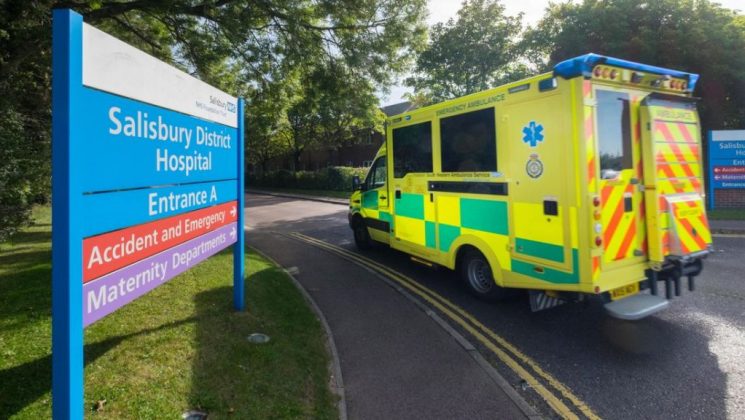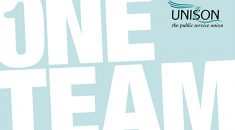What is it?
The Health and Care Bill is the first major piece of NHS legislation since the disastrous ‘Lansley Act’ of 2012. It focuses largely on the NHS in England and seeks to put into law the main elements of the government’s Integration and Innovation white paper, published earlier this year.
Where has it come from?
There has been widespread consensus across the NHS for several years about the damage being done to the service by the 2012 Act. It has forced decision makers to use competition when organising health services and has blocked joined-up working across the NHS. Since 2019 NHS England has been working on plans to change the law away from Lansley’s market madness.
What structural changes will the Bill bring about?
The Bill sets up a series of Integrated Care Systems (ICSs) to cover England. The ICSs will include an Integrated Care Board (ICB), the key element in the new system which will assume the commissioning responsibilities currently undertaken by clinical commissioning groups. There will also be an Integrated Care Partnership (ICP), a secondary part of the system intended to give a voice to the wider health and care community.
Are there any positives in the Bill?
The Bill contains some important measures that UNISON supports and has been championing for the past decade. These include plans to scrap the competition enforcement powers of health regulators and to get rid of the existing procurement system that insists on the use of competition. The Bill reinstates the government’s ability to establish new NHS trusts, meaning that if an ICS wants to set up a new provider body it can do so from within the public sector. There is also an Employment Commitment for staff affected by the changes that provides greater certainty for the workforce than has been the case with previous NHS overhauls.
What about the downsides?
The white paper sought to add in extra elements on top of the work that NHS England had previously set in motion. As a result, the Bill includes more controversial elements that hand greater powers to the Secretary of State. UNISON is also particularly concerned that private companies could be a part of the new ICPs if they are already playing a role in the local health economy, and more should be done to make clear that the NHS should be the default provider of care.
Have any changes been made?
The campaigning of UNISON and others has helped produce some improvements. For instance, the government has been forced to produce its own amendment blocking those with links to private healthcare from taking up roles on ICBs. Government ministers have also placed in writing their commitment to add ICBs to the list of employers that can use the Agenda for Change pay system, in direct response to demands from UNISON that the Bill should do nothing to undermine national pay bargaining.
What about social care?
For a Bill that purports to be about health and care, there is very little on social care, despite the growing crisis within the sector. However, the government has now bolted on its controversial plans to change the cap on the amount people pay for their care costs. This means that the least well-off will particularly lose out, as means-tested support will no longer count towards the cap.
What is UNISON doing on the Bill?
UNISON has been working with MPs to achieve the changes outlined above and to apply pressure in other areas. The union also works closely with other unions and campaigners on joint initiatives, including the Health Campaigns Together alliance which has produced briefing materials targeting the negative aspects of the Bill.
What happens next?
The Bill has just completed its passage through the House of Commons and moves to the Lords on 7 December, where it is expected to receive greater scrutiny. The cap on care costs seems certain to be challenged again, with several Conservative peers suggesting they will support attempts to amend the Bill.
As general secretary Christina McAnea says: “UNISON will campaign relentlessly against the negative aspects of the Bill, including the totally unfair Tory plans that will see the least well off pay the biggest share of their income to meet the costs of care.”
Further updates will be given as the bill progresses.



